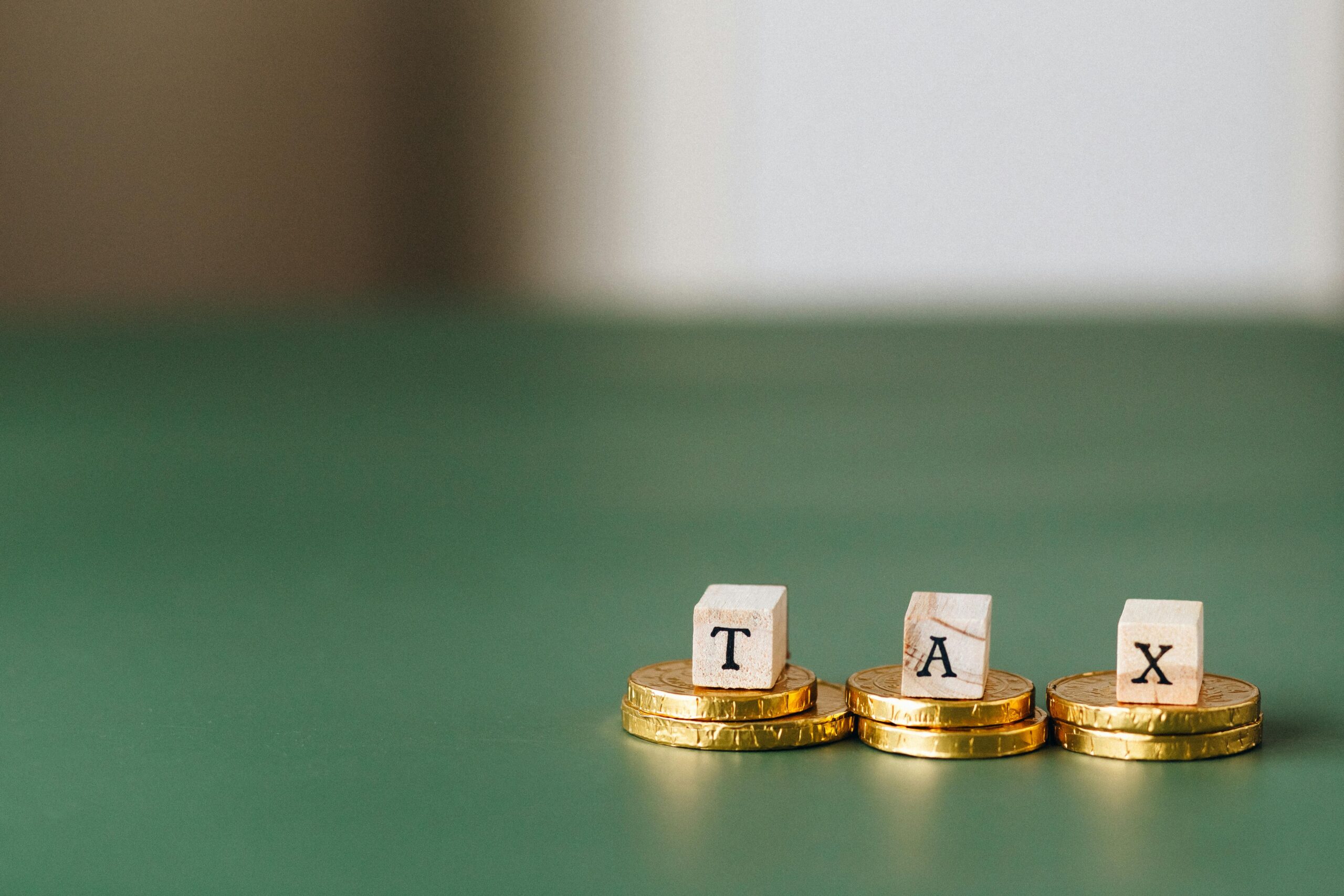The French government, in a bid to address its massive financial gap, unveiled its 2025 budget on Thursday, delivering a hefty €60 billion blow of tax hikes and spending cuts. The move, which is expected to tighten the nation’s fiscal belt, has left many questioning whether the government is making the right moves—or simply pushing the country further into economic frustration.
First on the chopping block is job cuts. The government plans to eliminate 2,200 jobs, including teachers, citing the declining number of students as a convenient excuse. The cuts don’t stop there, foreign aid will be slashed by €1.3 billion, subsidies for apprenticeships and jobs by €2.1 billion, and even green subsidies, like those for home insulation and electric car purchases, will see a reduction of €1.9 billion. Oh, and in case anyone was hoping for pension relief, think again. The planned pension increase, supposedly linked to inflation, will now be delayed by six months, saving the government another €3.6 billion at the expense of retirees.

On the other side of this equation, big companies won’t be escaping the government’s grasp either. France’s largest corporations, those with revenues exceeding €1 billion, will be subjected to an additional tax that aims to raise €8 billion. Some 440 companies will be affected by this, proving that size does matter—especially when it comes to footing the bill for a struggling economy.
And it’s not just businesses feeling the squeeze. Wealthy individuals earning more than €250,000 a year will see an increase in their income tax, while a new 20% minimum tax will be introduced to prevent them from using loopholes. This measure, expected to raise €2 billion annually, is sure to irk high earners who may now have to wave goodbye to their favorite tax shelters.
Air travel is also in the government’s sights. France will raise its tax on airplane tickets, including those for private jets. Although the exact amount is still up for discussion, it’s clear that the government sees the skies as another source of much-needed cash. And just when you thought the energy crisis was over, EDF, the nationalized power utility, will increase its dividend to the state by €2 billion. To top it off, a tax on electricity, dramatically reduced during the recent energy crisis, will be hiked back up, adding another €3 billion to government coffers. But don’t worry, officials claim this increase will still result in a modest 9% drop in power bills for consumers, thanks to lower wholesale power prices.
So, while the French government tries to play fiscal savior, it’s the everyday citizens and businesses that are once again left grappling with the fallout of these drastic measures. It seems like a classic case of robbing Peter to pay Paul, with little relief in sight.

















